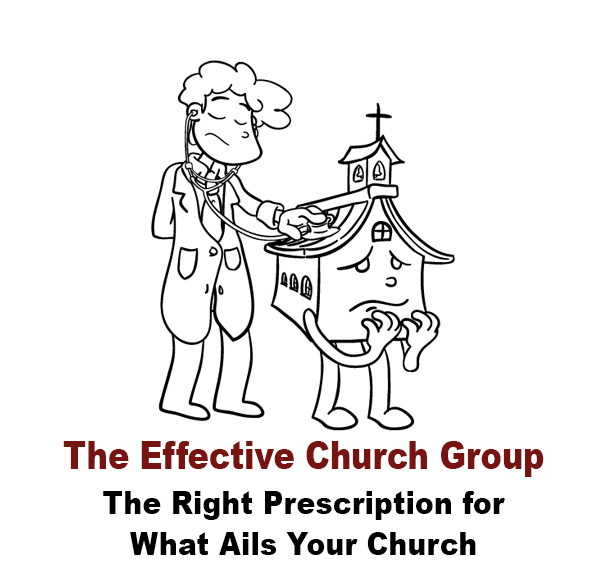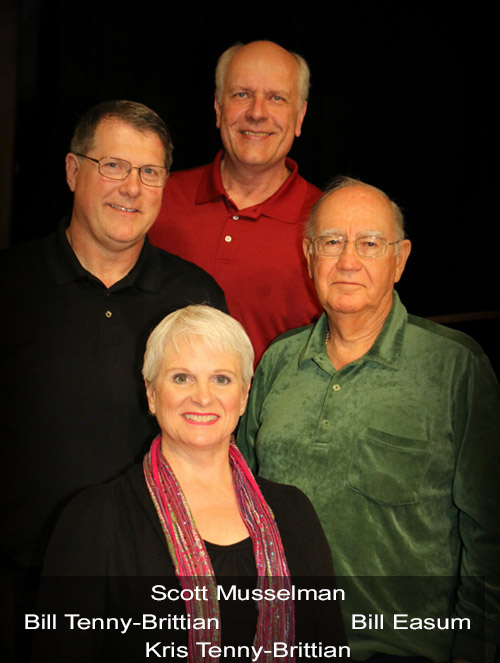It’s a mistake to believe that only a church in trouble needs a consultation. Many healthy, growing churches engage a consultant when they want to ensure they’re on the right track. There are a number of times and seasons when it makes good sense for a church to bring in a consultant. These are the most common:
- When a church is declining and the leaders are unable to stop the decline.
- When a church has been on a growth pattern for some time but has plateaued and the leaders want to take the church to the next level of growth.
- When a church is growing slowly and the leaders want their church to grow faster and more effectively.
- When a church decides to go multi-site and wants to avoid the normal pitfalls to the process.
- Whenever the primary mission field changes, especially in terms of changing demographics or lifestyles of the immediate neighborhood or community.
- When a church is facing a significant decision such as relocation, hiring staff, or building.
- During the first year of a pastor’s tenure. This is often a time of great openness to innovation, but also of urgent communication, consensus building, and strategic planning.
- During the last six months of a pastor’s tenure. A church can ensure continuity is preserved, and opportunities for change are identified, before calling or receiving new pastoral leadership.
- Prior to any building project or technology upgrade.
- Whenever the church finds itself in a crisis. Crises generally involve people, property, programs, or finances.
- Whenever the church is presented with what appears to be a golden opportunity. Most opportunities bring risk and all opportunities, when acted upon, bring change.
However, there are also times when a church should not get a consultation:
- If the pastor is opposed to it.
- If a majority – or even a large minority – of the church leadership is opposed to it.
- If the church is engulfed in open, ongoing, unresolved conflict.
To consult or not to consult? It’s a good question that every church leader should be asking every couple of years.

